Countries signal doubts about Delta protection from Chinese vaccine
A growing list of Asian countries are expressing doubts about a Chinese vaccine against the highly contagious variant, saying they will offer booster shots of Western doses.
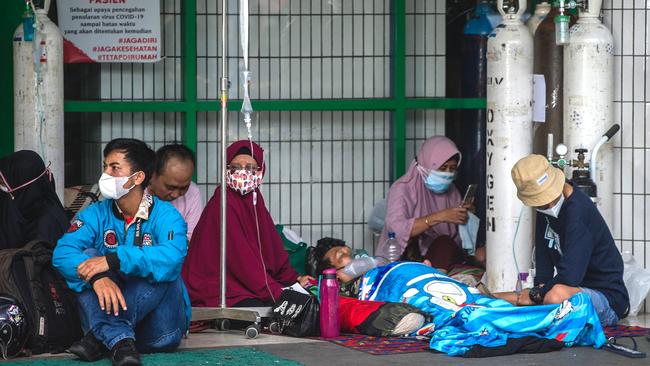
Thailand became the latest country to signal waning confidence in a Chinese vaccine against the highly contagious Delta variant, saying it would offer booster shots of Western doses to healthcare workers.
Healthcare workers who received two doses of the vaccine developed by Sinovac Biotech Ltd. would be given a third shot made by either Pfizer Inc. and BioNTech SE or AstraZeneca PLC, Thailand’s health ministry said Monday. Those who had only one dose would receive AstraZeneca as their second.
The decision to mix the vaccines makes Thailand the latest country to show reservations about whether Chinese vaccines work well enough to protect medical workers against the Delta variant, which was first detected in India and is thought to be far more contagious than earlier versions of the virus. The strain has spread to at least 98 countries.
Indonesia said last week that it would offer medical workers a booster shot from Moderna Inc. Around 90% of the country’s medical staff have received two doses of the Sinovac vaccine, but hundreds have fallen ill from Covid-19, reducing medical manpower amid a surge of the virus, according to Indonesia’s health ministry and doctors’ groups.
Sinovac didn’t respond to a request for comment.
The Persian Gulf island nation of Bahrain said in June that it had started giving booster shots of the Pfizer vaccine to vulnerable residents who had received two shots of a separate Chinese vaccine made by Sinopharm.
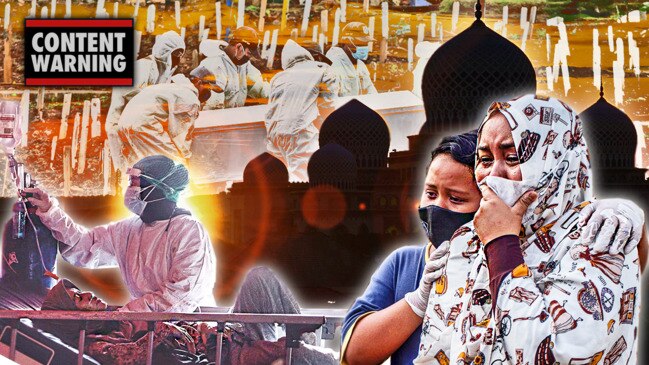
Sinovac and Sinopharm are studying the protection the vaccines provide against the Delta variant, but haven’t released any data yet. Both companies have said a booster shot may be needed at some point after their two-dose regimens.
Two recent studies in the U.K. determined that vaccines made by Pfizer and AstraZeneca are highly effective at preventing severe illness caused by the variant, while their overall protection against infection may be reduced. A separate study of the Pfizer vaccine conducted in Israel showed similar outcomes.
The Chinese vaccines have been central to inoculation efforts in many countries throughout the developing world. Sinopharm and Sinovac have agreed to provide 550 million doses to be distributed through the United Nations-backed Covax Facility, an initiative aiming to provide vaccines to the world’s most vulnerable. The promised doses make up a significant share of the two billion that Covax plans to deliver by early 2022, with some 110 million doses of the Chinese vaccines to be delivered immediately.
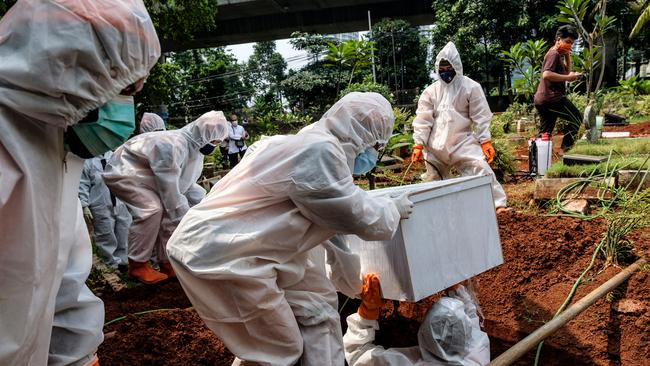
Both Sinovac and Sinopharm’s vaccines have been granted emergency use approval by the World Health Organization. A spokesman for WHO said that while the efficacy of Sinovac’s vaccine was lower than that of others approved by the health body, efficacy across vaccines was much higher against severe cases of Covid-19.
“As the severity of the infection decreases, so too does the efficacy of the vaccine,” the spokesman said. He added that all vaccines approved by WHO are “highly effective in preventing severe disease and hospitalization due to Covid-19.” But Thailand’s shift in strategy reflects growing public skepticism over whether the vaccines are good enough for healthcare workers, whose work makes them more susceptible to infection. The decision followed public outcry over the death of a nurse last week and the subsequent disclosure by health authorities that hundreds of healthcare workers were infected between April and July.
Officials stressed that the number of infections, 618, represented less than 0.1% of the more than 677,000 healthcare workers who received two doses of Sinovac. Of those, only two fell seriously ill — the nurse who died and another currently in critical condition.
Authorities are still investigating the nurse’s death. According to Sophon Iamsirithaworn, deputy director general of Thailand’s Department of Disease Control, the woman was 30 years old and suffered from obesity, a high-risk factor.
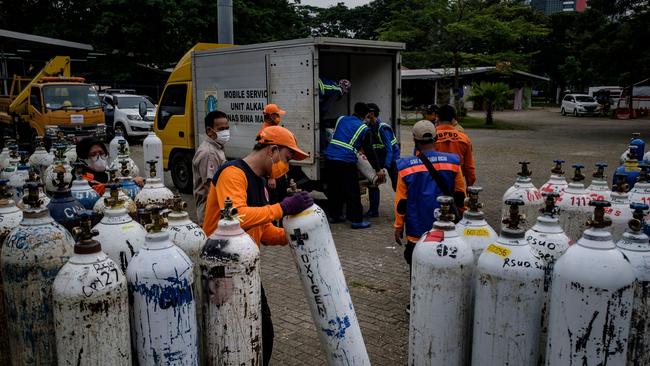
“We’d like to emphasize that despite this, all vaccines have been proven to be efficient in preventing hospitalization and death,” Pensom Lertsithichai, an official with Thailand’s Ministry of Foreign Affairs, said at a press briefing on Monday.
The nurse’s death nonetheless worried many Thais and prompted calls for shots with demonstrably higher efficacy. Some vented anger online and joined social media campaigns calling for Thailand to import mRNA vaccines, such as those made by Pfizer and Moderna.
Thailand’s vaccine plan is largely reliant on shots developed by AstraZeneca, which joined with a local manufacturer that only recently began delivering doses. Most of the country’s healthcare workers were vaccinated with Sinovac before the AstraZeneca doses became available.
About 4.7% of Thailand’s 69 million people are fully vaccinated, according to Our World in Data. About 97% of the country’s healthcare workers are inoculated, while 15% of people aged 60 or over and 18% of those with underlying illness have received at least one dose.
The country is in the midst of its third and worst wave of infections. To date, Thailand has recorded more than 350,000 cases and 2,847 deaths. While cases stayed low through most of last year, they rose rapidly in recent months and now regularly reach several thousand each day. Officials said the Alpha variant, first detected in the U.K., was still the country’s dominant strain as of early July, but the Delta variant had overtaken it in the capital, Bangkok, and could soon eclipse it nationwide.
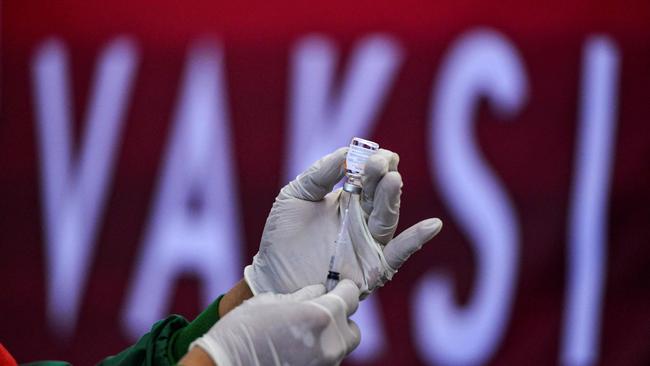
Indonesia, which has vaccinated about 5.5% of its 270 million people, is facing a massive wave of infections driven by the Delta variant that has seen caseloads and deaths reach new highs.
“Our health workers are under extraordinary pressure, especially in this second wave of the pandemic, so we want to confirm they are maximally protected,” Indonesian Health Minister Budi Gunadi Sadikin said on Sunday, when three million donated doses of the vaccine arrived from the U.S.
At least 20 Indonesian doctors who were fully vaccinated with Sinovac died from Covid-19 between February and June, according to the Indonesian Medical Association’s Covid-19 mitigation group. At least 10 of 48 doctors who died from Covid-19 last month were also fully vaccinated with Sinovac shots, the group said.
— Jon Emont and Wilawan Watcharasakwet contributed to this article.
WSJ

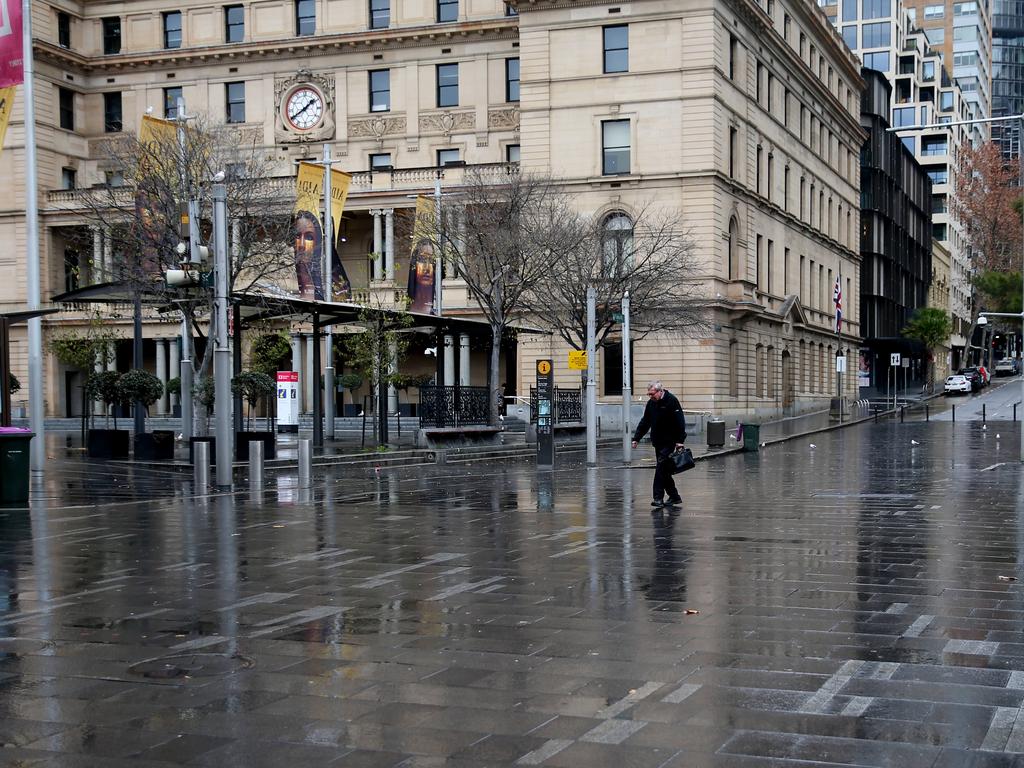
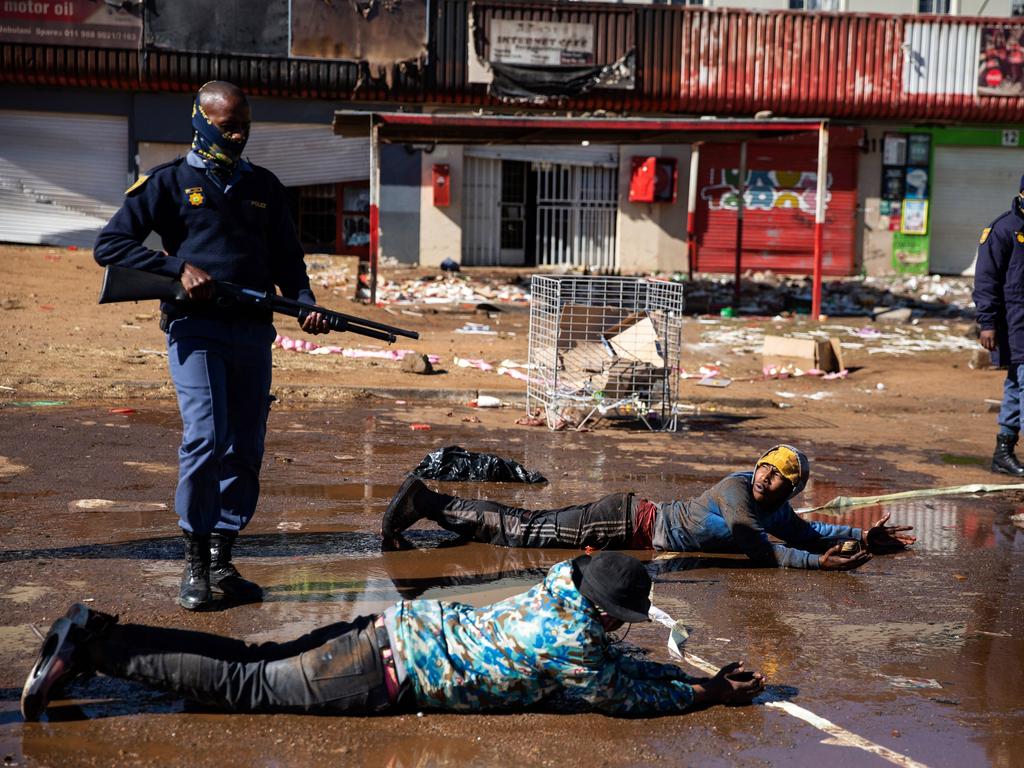
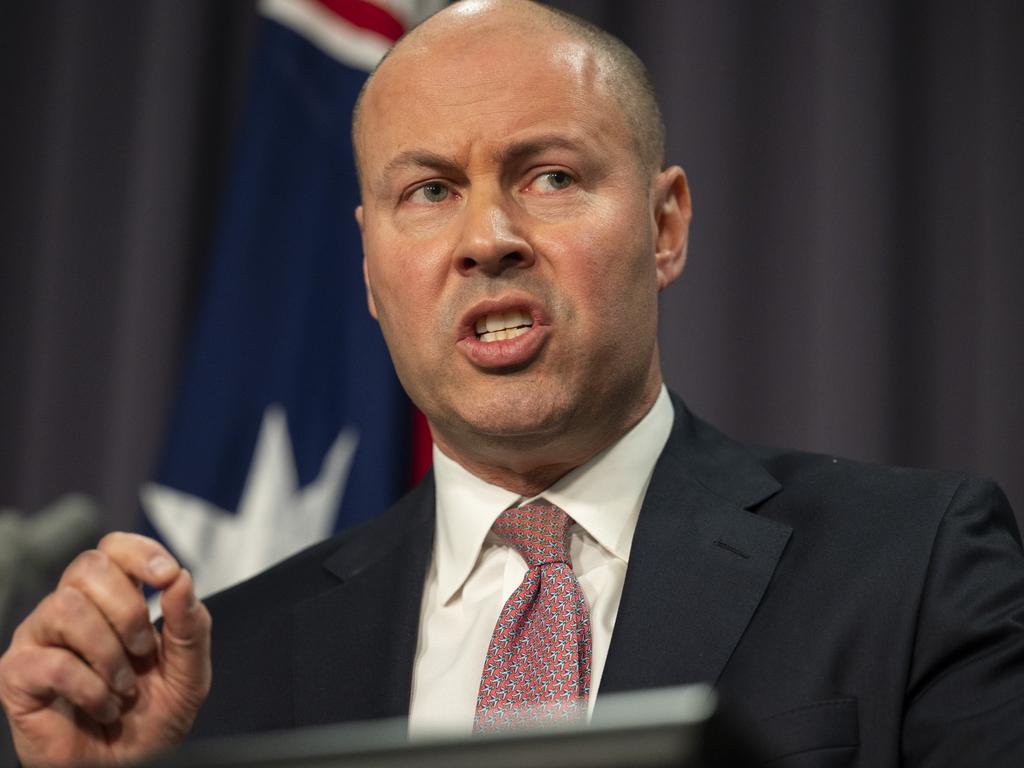
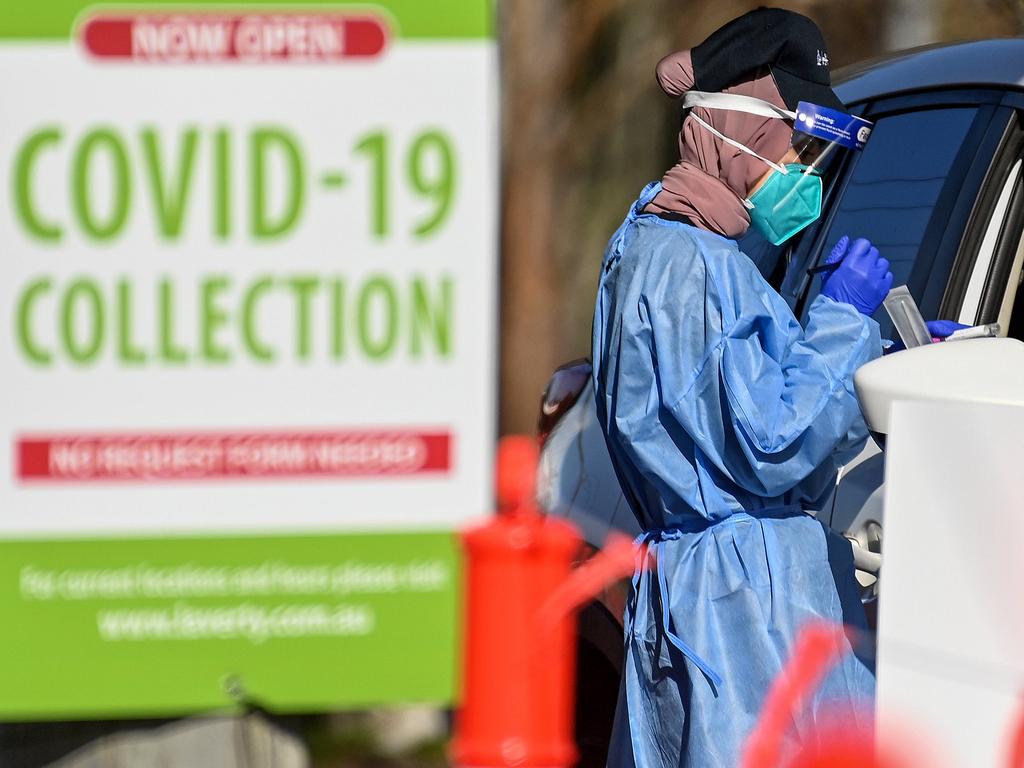
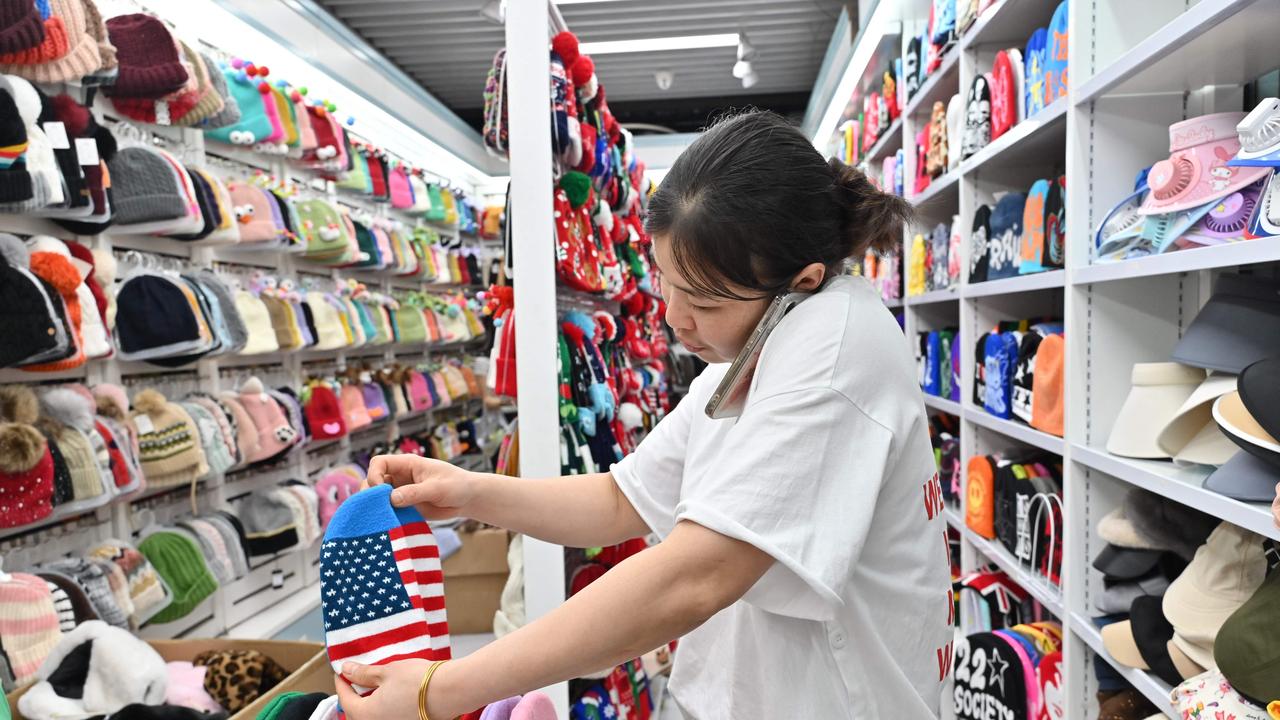
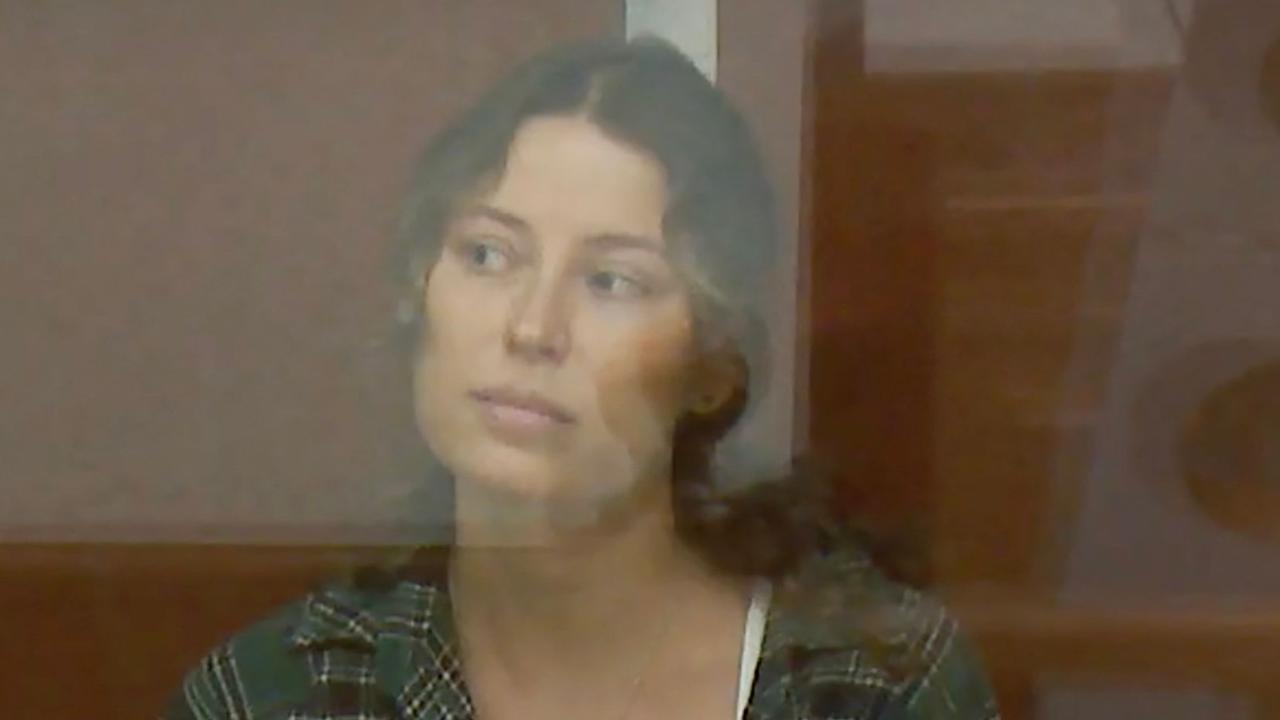
To join the conversation, please log in. Don't have an account? Register
Join the conversation, you are commenting as Logout